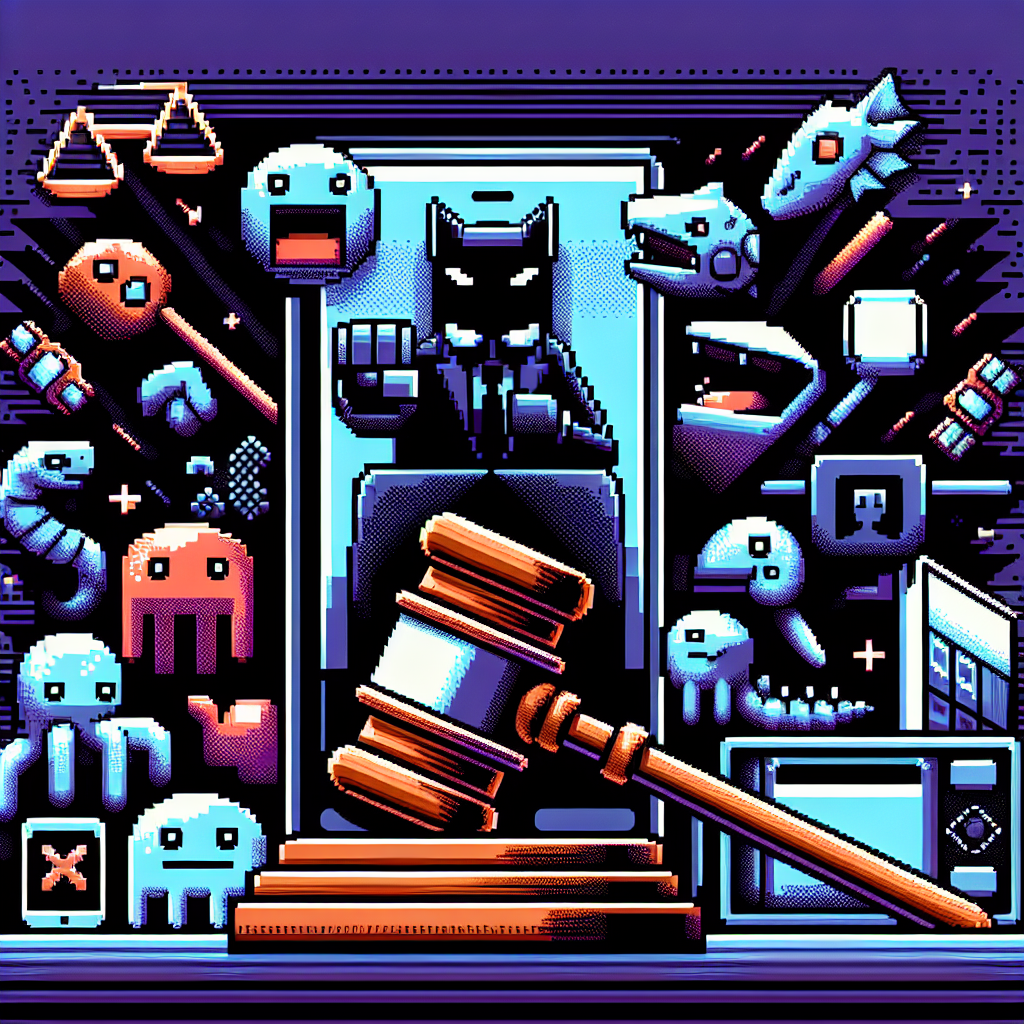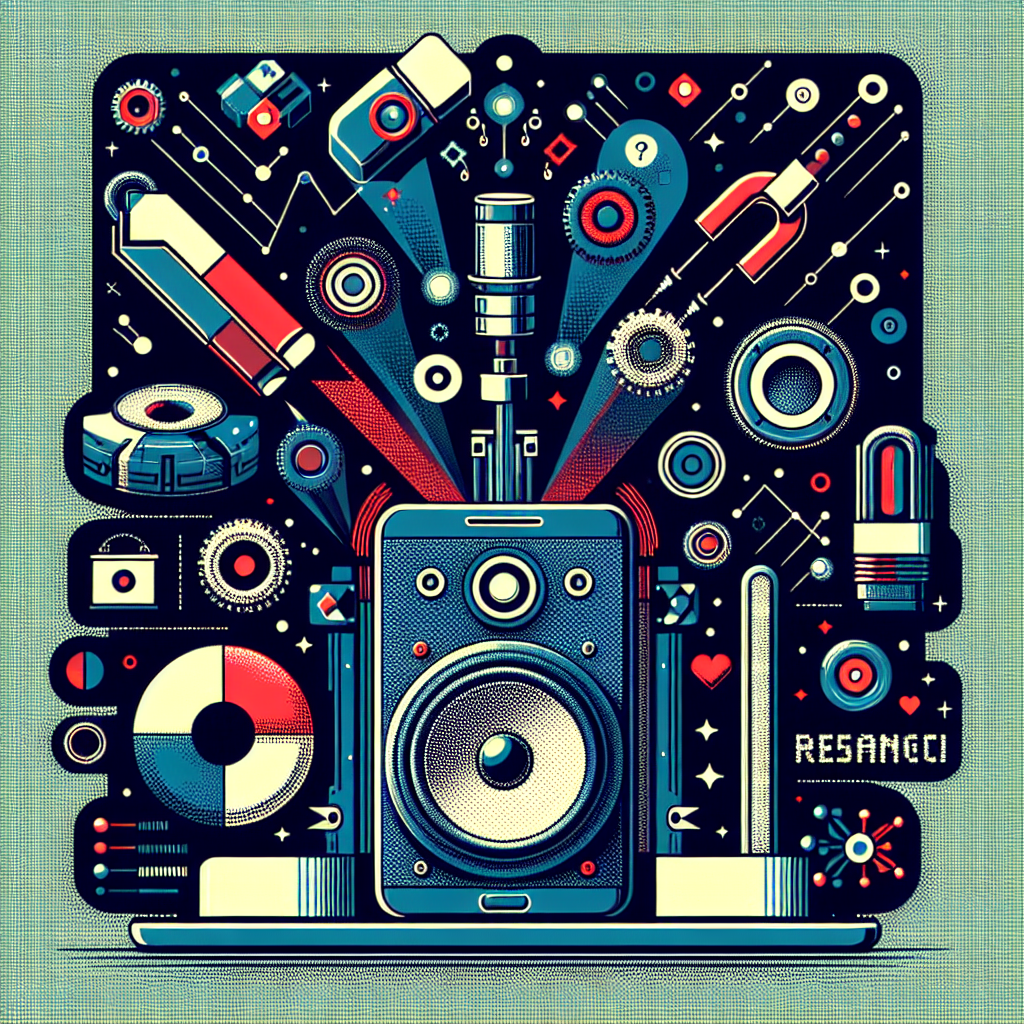Elon’s cryin’ about those mean ol’ Democrats - Michigan Advance | Analysis by Brian Moineau
Title: Elon Musk’s Empathy Paradox: Crying Over Democrats and Burnt Teslas
In a surprising twist of events, the ever-controversial Elon Musk found himself lamenting over his perceived mistreatment by Democrats. It seems the visionary entrepreneur, who often positions himself as a free-thinking libertarian, is learning the hard way that political affiliations can sometimes be as volatile as the lithium-ion batteries in his Teslas.
Elon Musk: Innovator or Provocateur?
Elon Musk is a name synonymous with innovation. Whether it's launching rockets with SpaceX or revolutionizing the auto industry with Tesla, Musk's impact on technology is undeniable. However, his social media presence and outspoken views often land him in hot water. This week's drama unfolded as Musk bemoaned the Democrats, whom he once considered the "nice guys," for their lack of empathy towards his plight.
Musk's lamentations come amidst a week where multiple Tesla vehicles reportedly caught fire. While vehicle fires are not exclusive to electric cars, the incidents added fuel to Musk's grievances. It's worth noting that Musk’s companies have been under scrutiny for various reasons, from labor practices to environmental concerns. His public persona oscillates between that of a forward-thinking genius and a provocateur, making it difficult for any political group to wholeheartedly embrace him.
Empathy: A Double-Edged Sword
Musk's recent comments about the dangers of empathy are ironic, given his current plea for understanding from political leaders. Empathy, by definition, involves understanding and sharing the feelings of others—a quality Musk seems to struggle with, at least publicly. His stance raises an interesting paradox: can one decry empathy while simultaneously seeking it?
This contradiction isn't isolated to Musk. In a world increasingly divided by political and social ideologies, many leaders grapple with the balance between staunch self-advocacy and the understanding of others. Musk's predicament echoes larger societal debates about the role of empathy in leadership and politics.
A Broader Context
Beyond Musk's immediate grievances, this situation highlights a broader trend in global politics and business. Leaders across industries are finding it increasingly difficult to maintain consistent alliances as public sentiment shifts rapidly. The tech industry, in particular, often finds itself at odds with governmental policies, whether it's about data privacy, antitrust issues, or environmental regulations.
Consider the recent backlash against tech giants like Facebook (now Meta) and Google, which have faced bipartisan criticism for their handling of user data and market dominance. Musk, despite his different business model, faces similar scrutiny, reminding us that innovation does not exempt one from accountability.
Final Thoughts
Elon Musk's recent outcry against Democrats may seem like an isolated incident, but it underscores a larger narrative about the responsibilities of business leaders in an interconnected world. While Musk asks for empathy from those he believes have wronged him, he might do well to reflect on how empathy can be a tool for understanding and bridging divides rather than a weakness to be scorned.
In a world where technology and politics are inextricably linked, perhaps the lesson here is that empathy, for all its perceived dangers, remains a crucial part of human interaction. As Musk continues to chart the future of technology, a dash of empathy might just pave the way for more harmonious progress.
Read more about AI in Business






